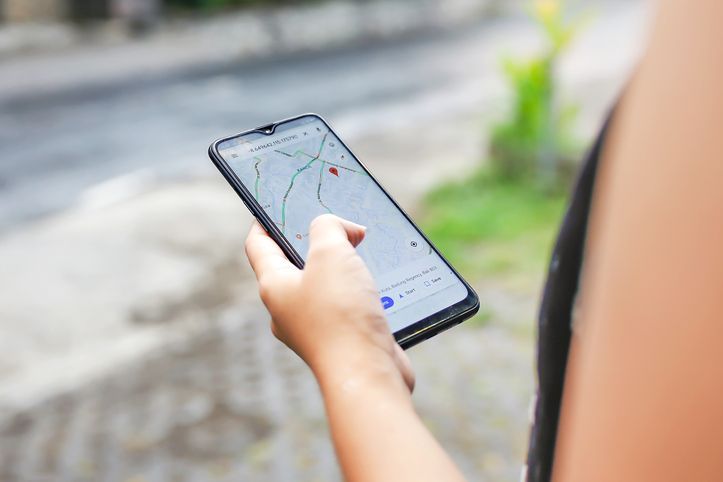This page is licensed under Creative Commons under Attribution 4.0 International. Anyone can share content from this page, with attribution and link to College MatchPoint requested.
Beyond A "Google Maps" Mindset: Navigating the College Admissions Journey with Curiosity and Authenticity
College planning can often feel like following Google Maps: every turn planned, every step predictable, all aimed at one specific destination. But the journey to college isn’t a straight line — it’s more like a road trip filled with detours, discoveries, and unexpected opportunities for growth. Colleges aren’t looking for students who follow a rigid formula; they’re searching for individuals who explore their passions, embrace challenges, and reflect on their unique paths. It’s about finding meaningful destinations along the way, not just arriving at the endpoint.

1. Don’t Just Follow the Map — Choose the Scenic Route
Selective colleges aren’t impressed by students who robotically follow the "correct" path. They’re drawn to those who take risks and discover their own directions.
- Why it Matters: Colleges value individuality and depth. A predictable route through high school often misses opportunities for personal discovery and growth.
- How to Stand Out: Encourage your teen to explore their interests deeply, even if they don’t fit neatly into traditional categories. These scenic detours often lead to the most authentic stories.
- Example: Instead of joining every club, your teen might focus on one passion project, like starting a community garden, and share how it deepened their connection to environmental advocacy.
2. Stop at Unplanned Destinations
The most memorable journeys often include spontaneous stops, and the same is true for the college process. Unplanned experiences can lead to unexpected growth and insights.
- Why it Matters: Admissions officers want to see curiosity and adaptability. A student who takes advantage of unexpected opportunities shows resilience and a willingness to grow.
- How to Stand Out: Encourage your teen to embrace new challenges or explore interests that spark excitement, even if they aren’t directly tied to a "plan."
- Example: A student who discovers an interest in coding through a summer camp might pivot from a general STEM focus to pursuing computer science internships and creating a personal app.
3. Share the Stories, Not Just the Stops
Google Maps provides directions, but it doesn’t capture the experiences along the way. Colleges want to hear about the stories behind the accomplishments — the "why" and "how" that reveal character and passion.
- Why it Matters: Sharing the motivations and lessons behind achievements makes applications stand out. Admissions officers remember the student, not just the résumé.
- How to Stand Out: Help your teen reflect on the deeper meaning of their activities and decisions. What did they learn? How did they grow?
- Example: Instead of saying, "I was president of the debate team," your teen might write, "Debate taught me to think critically about opposing perspectives and deepened my interest in social justice."
4. Be Ready for Detours
Road trips rarely go as planned, and neither does the admissions process. The ability to adapt to unexpected challenges demonstrates resilience and self-awareness.
- Why it Matters: Colleges value students who can navigate setbacks and find alternative routes to success.
- How to Stand Out: Encourage your teen to view challenges as opportunities for growth. Writing about these experiences in essays can make a powerful impression.
- Example: A student who struggled in a challenging AP course might write, "Failing my first chemistry test forced me to rethink how I learn. Seeking help from peers and teachers not only improved my grade but also taught me the value of collaboration."
5. Look Beyond the Destination
While Google Maps is focused on reaching the endpoint, the college journey is about becoming the best version of yourself along the way. It’s not just about arriving; it’s about the transformation.
- Why it Matters: Colleges want to see students who are curious and evolving, not just ticking off accomplishments.
- How to Stand Out: Encourage your teen to think about what excites them about learning and how they’ll contribute to a campus community. Authenticity matters more than perfection.
- Example: A student might reflect, "My time volunteering at a food bank taught me about systemic poverty and inspired me to pursue public policy, even though I once thought I’d major in business."


